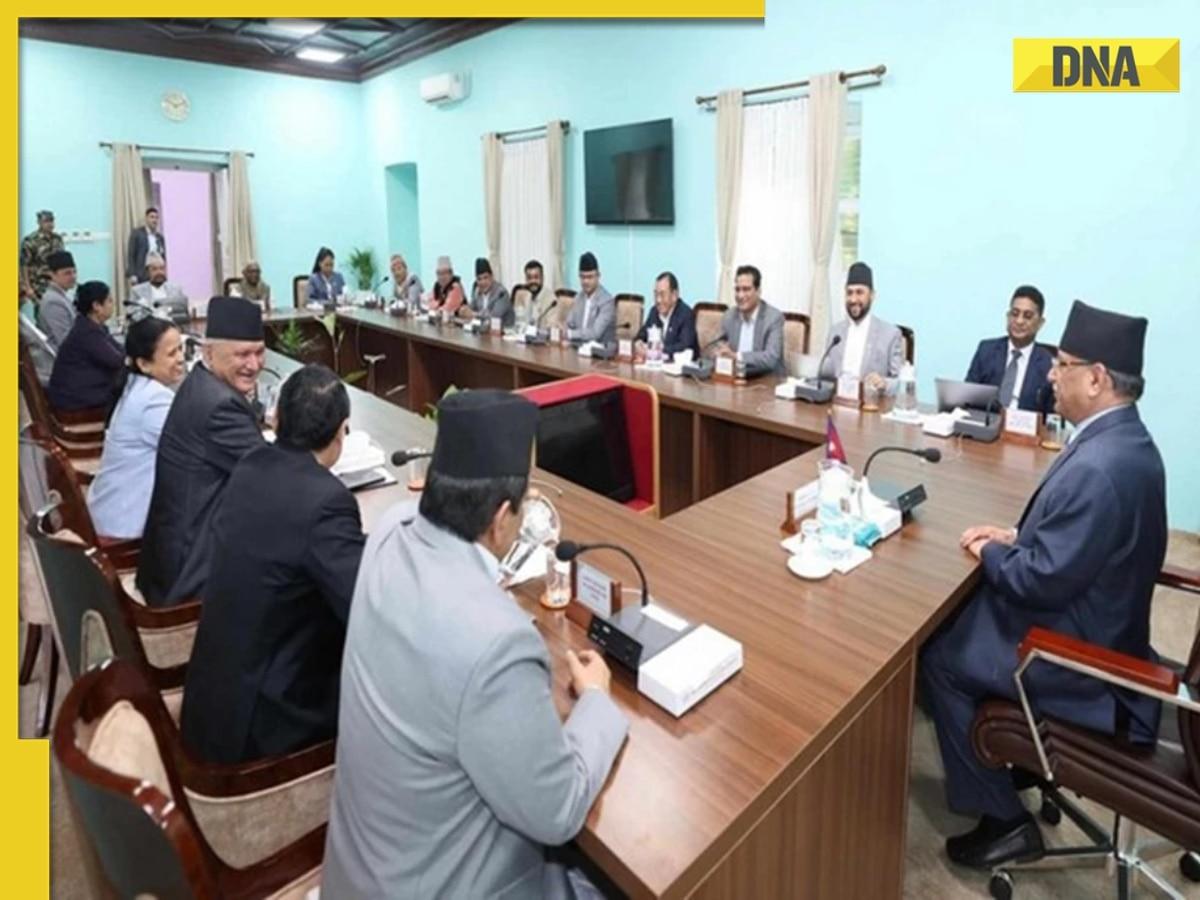
In a significant diplomatic move, the Council of Ministers of Nepal has decided to recall ambassadors from 11 countries, including prominent partners such as India and the United States. This decision is part of a strategic shift under the stewardship of Prime Minister Pushpa Kamal Dahal, also known as Prachanda. The recalibration marks a notable moment in Nepal’s foreign policy landscape, reflecting the new government’s approach to international relations.
The spokesperson for the government and the Minister for Communication and Information Technology, Rekha Sharma, confirmed the development to ANI, stating that the Nepali ambassadors stationed in India, the United States, the United Kingdom, Qatar, Saudi Arabia, South Korea, Spain, Malaysia, Portugal, Denmark, and Israel have been ordered to return. “We will send a new ambassador to those countries very soon,” Sharma affirmed during a phone conversation, though she did not delve into the specific reasons for the mass recall.
This sweeping change is seen in the backdrop of Prime Minister Prachanda’s upcoming visit to India, where he is scheduled to attend the swearing-in ceremony of Indian Prime Minister-elect Narendra Modi. The announcement of this visit was also made in the same cabinet meeting. Sharma pointed out, “Prime Minister Pushpa Kamal Dahal ‘Prachanda’ will be traveling to India on Sunday to attend the swearing-in ceremony of Indian Prime Minister (elect) Narendra Modi.”
The diplomatic exchange between the two leaders is noteworthy. Just the previous day, Modi had a telephone conversation with Prachanda, during which Prachanda congratulated Modi on his historic victory, the third consecutive term in office. During their call, both leaders expressed optimism about the future trajectory of India-Nepal relations. Prachanda underscored his belief that bilateral ties would only strengthen under Modi’s leadership. In response, Prime Minister Modi expressed gratitude for Prachanda’s greetings. The enduring cultural and civilizational links between Nepal and India, coupled with India’s ‘Neighbourhood First’ policy, remain pivotal in maintaining a robust relationship between the two nations.
The call and subsequent high-level exchanges have been a staple of the diplomatic interactions between India and Nepal, underscoring the deep-rooted bilateral relationship. However, Sharma did not provide details on whether Prachanda would engage in any additional meetings or diplomatic engagements during his visit to India.
.
The recall of ambassadors is not without precedent in Nepali politics. Historically, changes in the coalition government have often led to reshuffling of diplomatic appointments. This latest round of recalls follows the formation of a new coalition on March 4, which saw the consolidation of different political factions under Prachanda’s leadership. The ambassadors recalled were mainly those appointed by the former coalition government, which included the Nepali Congress and the Janata Samajbadi Party Nepal.
This diplomatic overhaul is seen as an effort by the current administration to place individuals aligned with its strategic vision in key international postings. Analysts suggest this move could align Nepal’s diplomatic missions more closely with the new government’s priorities, ensuring coherence in foreign policy directives.
Aside from the immediate political machinations, this decision to recalibrate diplomatic representation also carries broader implications for Nepal’s foreign relations. The recall of ambassadors from such a diverse array of countries spans multiple continents and involves significant global powers. Observers will be closely watching how the new appointees will navigate their roles and how they will reinforce Nepal’s diplomatic interests on the international stage.
The timing of these decisions, notably alongside a high-profile visit to India, signals a concerted effort by the Dahal administration to reassert Nepal’s diplomatic agenda. Whether these changes will lead to a more dynamic or more cautious diplomatic stance remains to be seen. The rollout of new diplomatic appointments and the details of the proposed foreign policy adjustments will be pivotal in understanding the future direction of Nepal’s international engagements.
The strategic recalibration embodied in this recall showcases Nepal’s endeavor to reshape its diplomatic landscape, heralding a period of renewed activity and potentially recalibrated alliances. This significant diplomatic action opens a new chapter in Nepal’s foreign policy under Prime Minister Prachanda’s leadership, marking a departure from past practices and signaling a forward-looking approach. As Nepal navigates through this transition, the global community will keenly observe how these changes will influence regional and international dynamics.












